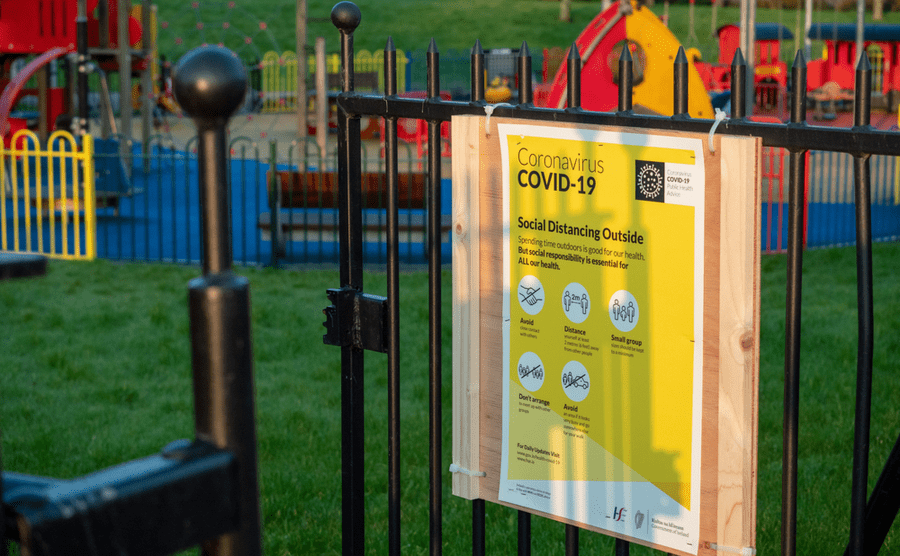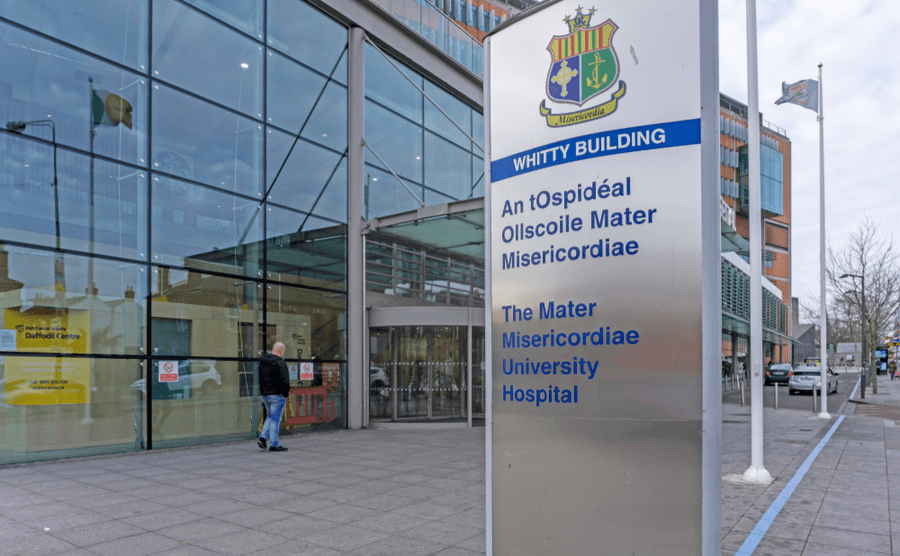It’s difficult to plan ahead right now, but, as strict measures come into place, we’re confident things will return to normal in a few months. We spoke to Dublin local Sarah about the situation in Ireland now.
Coronavirus in Ireland
On March 12th, Irish Prime Minister Leo Varadkar, broke from his meeting with Donald Trump in Washington D.C. to announce the closure of Ireland’s schools, colleges and childcare facilities. The announcement came one day before the World Health Organisation declared Coronavirus a pandemic. Following the initial announcement, cultural attractions across Ireland were instructed to close their doors, alongside pubs, public buildings and playgrounds, and St Patrick’s Day celebrations across the country were cancelled. Currently, like the UK, Ireland is in the Delay Phase of the virus – which is when initiatives are put in place to slow the spread of the virus, and to reduce pressure on the health service.
Coronavirus is also impacting the foreign exchange markets – find out how to protect yourself from extra costs in the Property Buyer’s Guide to Currency, written by our partner Smart Currency Exchange.

How is Ireland coping with coronavirus? mark_gusev / Shutterstock.com
What is the current situation in Ireland?
As of Sunday, Ireland has experienced 46 COVID-19 related deaths, and has 2,615 confirmed cases. The most up-to-date measures enforced by the government urge everyone to stay at home (where possible) until at least April 19th. People are allowed to go out to exercise and to buy food and medicine – but are urged to do so as infrequently as possible. Everyone who is over 70 or deemed to be vulnerable must stay indoors. The full list of measures can be found here.
What is day-to-day life like?
Sarah Monaghan works in London and lives in a shared flat. When the situation in the UK worsened, Sarah moved back to Dublin to be with her family and to have more space.
“I returned to Ireland two weeks ago, relatively at ease as the Irish government had put good plans in place for social distancing. Now, we’re in lockdown. All shops and restaurants are closed apart from supermarkets, pharmacies and petrol stations. Most of my local restaurants in Dublin are running a takeout/delivery service, which is great as it’s important to support smaller businesses in these difficult times. We now have a new rule in place which means we cannot go any further than two kilometres from our front doors. Although this is tough on some and especially the elderly who cannot leave their homes, I try and make the most of it by picking a new route for my daily walk and dose of fresh air. I am quite lucky that my family home is close to the sea.”
The attitude in Dublin and across the rest of Ireland is the same, everyone wants this to pass so that we can be back with our families and friends.
“The attitude in Dublin and across the rest of Ireland is the same, everyone wants this to pass so that we can be back with our families and friends. Staying home is important and of course reaching out to those around you over the phone or any social media platform can boost anyone’s spirits…I know it has helped mine.”
Where can I find more information?

The Mater hospital in Dublin. Noel Bennett / Shutterstock.com
With things constantly changing, it’s important to stay up-to-date. The following websites are useful resources offering accurate information:
- The World Health Organisation
- Gov.ie – For information, guidelines and advice, which is updated daily.
- Health Protection Surveillance Centre – For daily statistics and advice for vulnerable groups and key workers.
Find out how to access medical attention abroad in the free Healthcare Guide.
Stay safe, and stay at home
If you had a trip to Ireland booked in for the next couple of months, either to view potential properties, or just to scope out areas that might be right for your Irish holiday home, it is best to cancel and stay safely at home for now. It was announced on Monday that Easyjet have grounded their entire fleet and other airlines have already made the same move or will soon follow suit. These restrictions are in place banning travel for good reason – to flatten the curve of this virus and to save lives.
In the meantime, there are plenty of ways to plan for your future move to Ireland. This is a prime time to conduct your research into the areas of Ireland that appeal, and to contact the experts who will assist you with a successful purchase. Estate agents, lawyers, mortgage brokers and currency specialists are all still hard at work. Use this time to get yourself in a position to buy. Start by filling in our enquiry form below with your requirements.
We hope to see you in Ireland once this is all over.






